Known for its ball and roller bearings, SKF has turned carbon efficiency into a profitable business. Its products help client companies reduce their energy consumption.
A company trying to reduce its carbon footprint usually focuses on reducing the carbon dioxide emissions produced by its own operations. Engineering company SKF wanted to take the next step and also help client companies to reduce their own emissions.
SKF Finland’s Managing Director Vesa Alatalo says that increasing the carbon handprint, i.e. promoting positive environmental impact, is an integral part of the company’s strategy. “Just concentrating on our own business isn’t enough if we really want to achieve carbon neutrality. Our carbon handprint has to be bigger,” says Alatalo.
Energy savings = profit
However, Alatalo stresses that the goal of the company is to do profitable business even while promoting good practices. “The fundamental objective of a corporation is to constantly make profit. If companies are really going to be a part of this, the measures to be taken must be financially profitable.”
The fact that SKF drafted its BeyondZero strategy, whose aim is to achieve a positive environmental impact, says a lot about the importance of this subject. The strategy involves reducing SKF’s own emissions and developing emission-efficient solutions for customers.
Savings discovered in production
Sweden’s SKF is one of the world’s largest manufacturers of bearings, seals and lubrication solutions. The company’s product and service range includes engineering consultation, condition monitoring and various reliability services. SKF products are used in, for example, electric motors, vehicles and industrial production systems.
The company has its headquarters in Gothenburg and maintains approximately 100 production facilities in 73 countries. In Finland, SKF manufactures industrial lubrication systems in Muurame, which is located in Central Finland.
According to Alatalo, the use of energy can be improved in all production processes. “The biggest savings are made in areas where a large amount of energy is consumed. Here, for example, the heat treatment and machining of metals into bearings requires a lot of energy.”
Although the production facilities play a key role in reducing emissions, Alatalo says that all company operations, from logistics to employee travel, have been gone over with a fine-tooth comb: “We were one of the first to adopt video conferencing and remote meeting systems, which reduce the need for travel.”
Products that reduce emissions
SKF offers its client companies the BeyondZero product portfolio. In order to be included in the portfolio, the products or services must provide significant environmental benefits. For example, the internal friction in low-friction bearing models can be as much as 30 per cent lower than in standard models. Their use results in less energy consumed and, in turn, reduced carbon dioxide emissions. “The savings achieved by a single bearing are small, but when several dozen bearings are used together in an application and there are millions of applications all over the world, the impact is considerable,” says Alatalo.
SKF has also developed electromechanical door actuators for buses which reduce energy consumption by 80 to 90 per cent compared to pneumatic door actuators. The product portfolio also contains friction-reducing seals and lubricants.
In addition to individual products, SKF also develops energy-saving systems together with client companies. A good example of this is the stop/start function found on many new cars and motorcycles. The stop/start function turns off the engine when stopping at traffic lights, for example, which can reduce the carbon dioxide emissions of cars by as much as 15 per cent.
Text: Matti Remes
What can you do yourself?
Sitra has put together a toolkit for companies (in Finnish only). It covers operational areas that are key to achieving carbon neutrality: strategy, leadership and culture, new business opportunities and carbon efficiency. The toolkit presents companies with information on the benefits of carbon neutrality by offering ideas, models and examples of methods which some companies have already used to come up with successful solutions. You can use these tools to set your business on the road to cleaner solutions and carbon neutrality, thus maintaining your competitiveness.
Download the toolkit (PDF, in Finnish) to your own computer or view it directly on our website. When you open the PDF version in Adobe Acrobat Reader, you will be able to navigate by clicking on the content and sections you want to read more about. You can also move forwards and backwards using the arrow buttons if you wish to read the entire document.



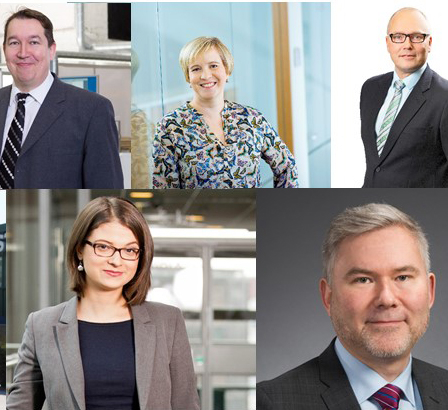
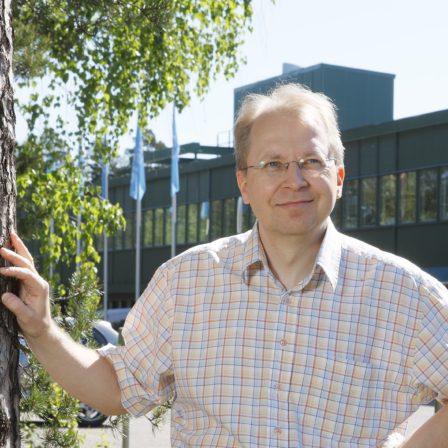

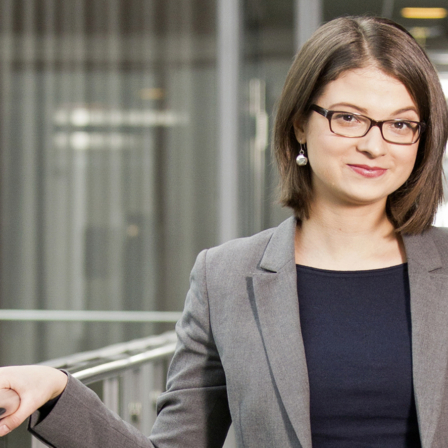
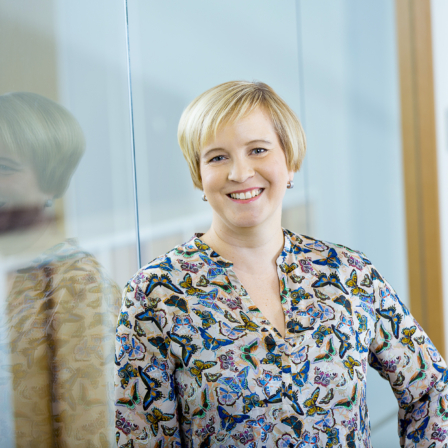


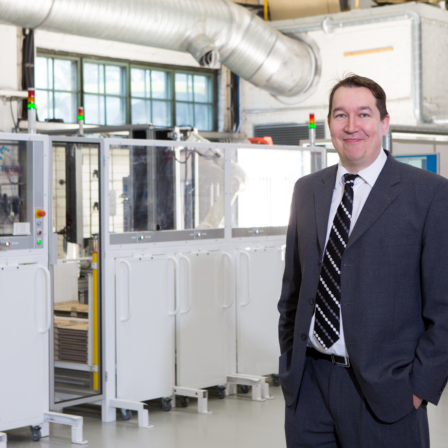
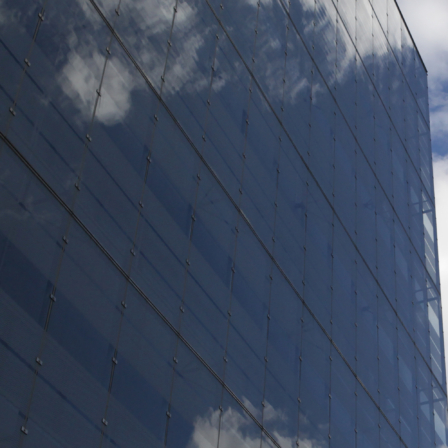







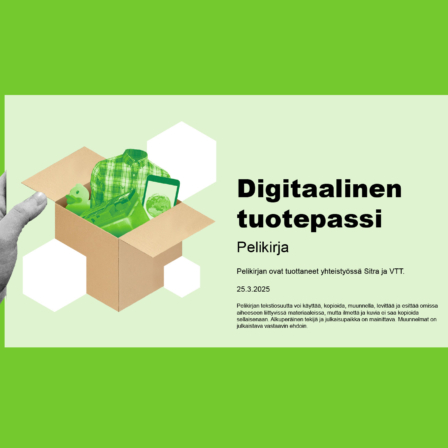










Recommended